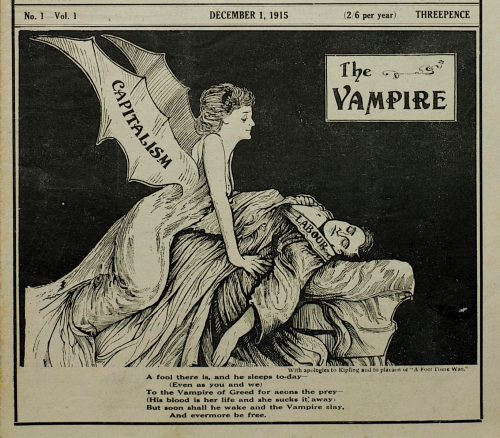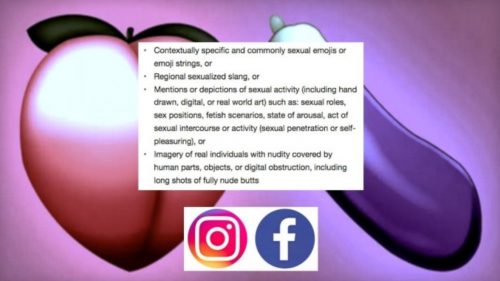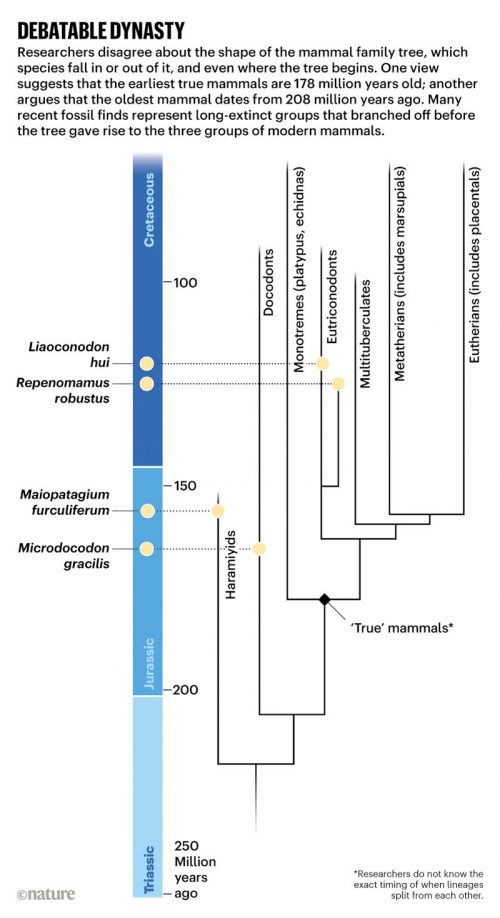I already said this about “due process”!
This irrelevant bit of legalese has become a mantra among horrible people. You do not need “due process” to detest an exploiter and harasser. The state needs due process if it is going to deprive an individual of liberty or property, but neither of those were at issue here — these were women using their free speech (one of those rights that the Right loves so much, except when it is inconvenient to them) to express their assessment of the available evidence that Harvey Weinstein is a crude rapist thug, and that this issue has not been formally tried in a court of law doesn’t make it any less true. That the wealth and influence Weinstein used to do harm also shelters him from legal action does not protect him from the informed judgement of society, it just means he isn’t in jail where he belongs, stripped of his power. That would require “due process”. No one needs “due process” to shun a rapist.
Now an attorney writes an opinion piece in the Washington Post that says the same thing.
Let’s be clear: There is no due process right to not have people make jokes about you. There is no due process right to have strangers think you aren’t a rapist until you’ve been convicted. (Based on the reporting I’ve read, I believe Weinstein is a rapist. Sue me, Harvey.) Rather, due process is a constitutional guarantee that requires the government to provide certain procedures when it deprives a person of liberty or property. And the terms of that guarantee depend on what the government seeks to take away. As a general matter, when stakes are high — as in a criminal trial in which a prison sentence is one possible outcome — procedural protections are at their most robust. When the stakes are lower — involving a fine, say, or the demotion of a public employee — the process might be less rigorous. But generally speaking, the accused should get notice of the accusation and the opportunity to tell his or her side of the story, sometimes before the deprivation occurs, sometimes after.
Weinstein is not alone in thinking due process means no one can be mad at you unless a judge has donned robes. The White House has refused to comply with subpoenas for records and testimony necessary for the impeachment inquiry. Its reasoning, laid out in a memo by Pat A. Cipollone, counsel to the president, is that the impeachment investigation fails to provide the procedural protections of a criminal trial, including the opportunity for President Trump to question witnesses and review evidence. Last week, a group of Republicans stormed a closed congressional hearing to protest the House’s impeachment inquiry on the same grounds.
I am not a lawyer, and even I could figure this out. Now look around you at all the people suddenly whining about “due process” in order to short circuit any investigation at all: Weinstein, Trump, and I would also add…David Silverman. Silverman’s defenders all seem to think “due process” means we can’t draw any conclusions from reports of investigations, witness testimonials, and his own confession — you can’t know anything without a court, a team of lawyers, and a conviction, which sounds like a very strange attitude for skeptics and atheists to take, almost as if they believe that bad behavior vanishes in a puff of smoke unless there’s a court decision about it.








